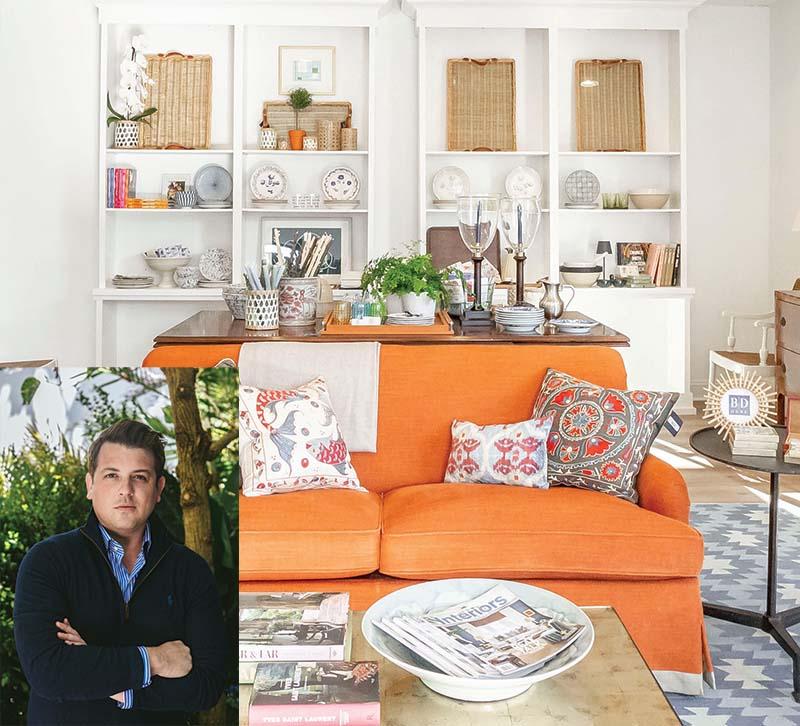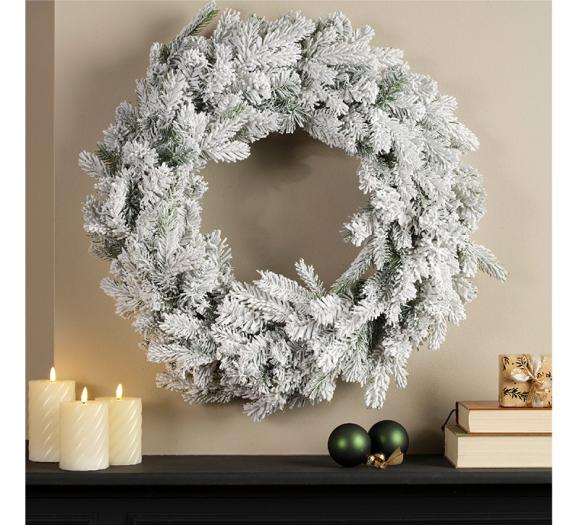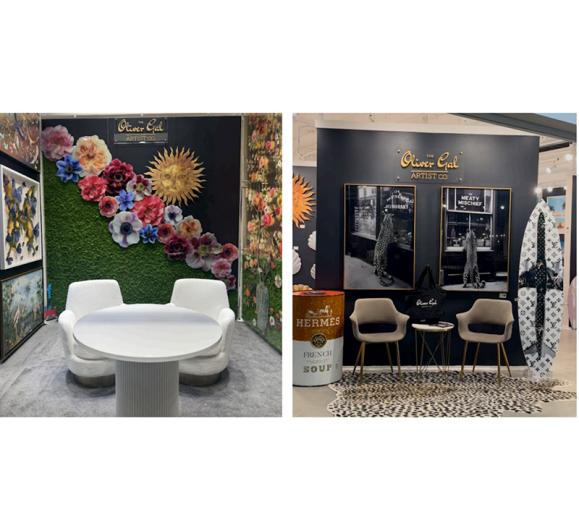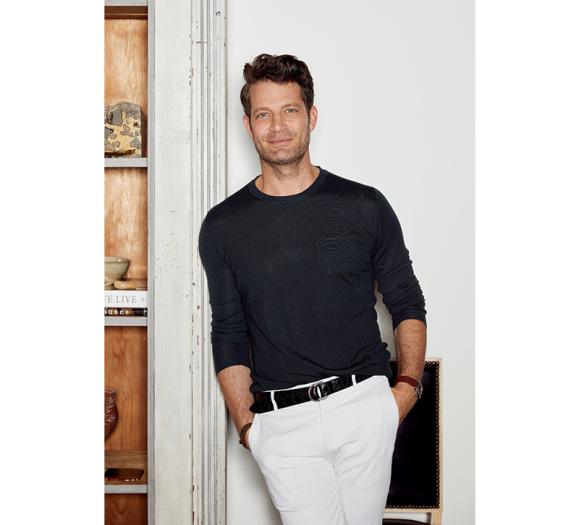Benjamin Deaton, founder of Benjamin Deaton Design and Benjamin Deaton Home, took a somewhat winding path to the interior design firm he began in 2008. When he got there, however, he knew it was right for him, and the company has flourished since.
While their styles were different, Deaton says much of the influence toward this path began with his mother’s love of interior design. She loved the coast, the water and the decor that represents that, and he has gravitated more toward updated traditional. However, watching interiors change every few years had lasting influences that led him down his design career path.
“Growing up, I loved shopping, finding unique objects and designing a room or a space,” Deaton says. That love of unique design helped him hone his style; one he says feels layered, collected and timeless. “Our designs tell a story, the client’s story,” he says.
Benjamin Deaton Design and the retail showroom (B|D Home), is based in Lexington, KY, although the designer has completed design projects throughout central Kentucky, South Florida, New Orleans, Washington, D.C., Long Island, NY and other locales. He and his team believe in enduring style and creating spaces that are highly personal. Through their design approach and attention to detail, the goal is to develop comprehensive, bespoke plans suited to each project resulting in comfortable, luxurious spaces reflective of his clients’ tastes, interests and lifestyles.
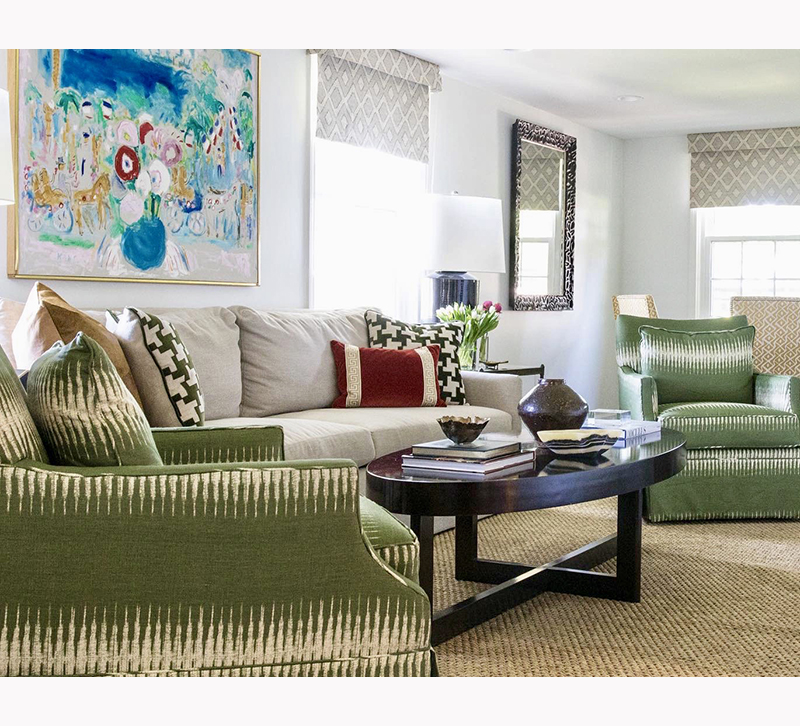
Deaton's design style is what he calls "updated traditional."
A Serendipitous Path
For Deaton, when he moved to Lexington, it was to attend school where he got his business degree and was planning for law school. He took a job with a furniture retailer that helped clients with interior design for free. After six months, he moved on to work for an attorney to prepare for his future. However, he found himself as the project liaison between the lawyer who hired him and the design firm the lawyer had hired. He got all of his classes in, got his business degree and was working in interior design with his employer.
Then Deaton worked for an architectural design firm. The owner taught him space planning and how to run a construction job as well as some of the finer elements of residential design. “She was pretty notable in Lexington, but her health was in decline,” Deaton says. Through that firm, he connected with a client who offered him a significant breadth of work. “I opened my business and within six months, many other clients moved over as well. We were busy from the get-go,” he notes.
As this was in 2008, when the economy plunged into crisis, resources Deaton worked with — trim companies, for example — went out of business and it became hard to find what he needed to complete jobs. “Increasingly, there were several great home resource stores that stopped carrying basics, such as pillows, good lamps and cocktail books,” he says. “We weren’t finding the pieces we needed to give that final layer.” Deaton began opening accounts with wholesale sources to have the right mix for his clients. “We created a showroom that was basically for us to shop from,” he says. That was in a smaller historic building.
“We’d been growing this whole time and we needed new space,” Deaton adds. Several years ago, he decided it was time to bring his collection to the public. “In 2019, we launched Benjamin Deaton Home online and started with a small collection people could buy,” he adds, which led to large and small projects.
With the success of the online store, Deaton realized he had an opportunity to share more of his desirable home furnishings through a storefront. “We opened our brick-and-mortar right before the pandemic, having had expanded our inventory and product lines. It was a good learning experience through COVID. We were shipping everywhere.
“We continue to grow and expand our lines,” he says, noting many are exclusive in his area. “We sell hotel silver; we have exclusives with Bunny Williams; we carry candles, linens. We try to bring in lots of things. Chelsea Passage at Barney’s was my happy place and I would travel back and forth to New York to see the new and interesting things that would be there. It informed many of the lines I’ve brought in.”
Deaton also mixes vintage pieces he finds in with the store’s lines. He’s found his niche with an eclectic luxury mix that attracts shoppers. “People are attracted to our store because it’s curated and unique,” he says. “We’ve got custom pillows and products we’ve used on projects. We bring in new art. It’s a fun way for our design clients to get a glimpse of our style. They have to walk through the store to get to the design studio.” He adds that the showroom also facilitates interactions with clients because it allows him to assess what depth of a sofa they may be looking for, or to look at different curtain styles.
For Deaton, opening a retail showroom has helped to expand his interior design business and vice versa. “It’s a feeder on both sides,” he says. “We’ve picked up interior design clients from the retail store. Some of our projects that kept us running through COVID found us through the retail store, and they’ve become great clients. You never know where a chair or a pair of curtains might lead you.” In addition, because the store has stock on the floor, Deaton says, he can pull pieces from the store for design projects. “We can finish a room in 60 to 90 days rather than nine months because we have the rooms designed around what we have,” he says.
On the flip side, the design business also feeds the store. “We’re doing things like the Kips Bay Palm Beach showhouse or getting featured in publications. We have people following our interior design business on Instagram, and they can shop there. For example, in the Kips Bay Showhouse in 2021, we did a ‘shop the room,’ that brought an influx of business to the store,” Deaton notes.
An added bonus of having the store is the ability to flex creative muscle. “We have multi-year, long-term projects, and project fatigue can set in,” Deaton notes. “Sometimes you just want to design a pair of curtains with unique trim and play in the fabric room, or update the showroom. It’s a creative outlet for me.”
Updated Traditional
So where does that “updated traditional” vibe come from? From his clients, of course. “The word modern when it comes to interiors is vast,” he says. “We have a lot of clients who come in and want modern, but they really want updated traditional. They don’t want a formal or old look but they still want traditional elements,” he says. As many clients have antiques and pieces that have been passed down through a family member, Deaton continues, his design ethos is about creating style that tells that story, mixing heirloom pieces with fresh upholstery, for example. “It’s about enduring style,” he says.
Deaton is working on making sure his business is enduring as well. Design projects are plentiful, and the retail portion of his business is growing. Now that the world is opening up after the pandemic, he’s having more store events to bring in new customers. “We’re continuing to grow our online presence for the future, but brick-and-mortar is here to stay,” Deaton says. “We have exciting things in the pipeline. Most important is to do it right the first time and go all in.”



